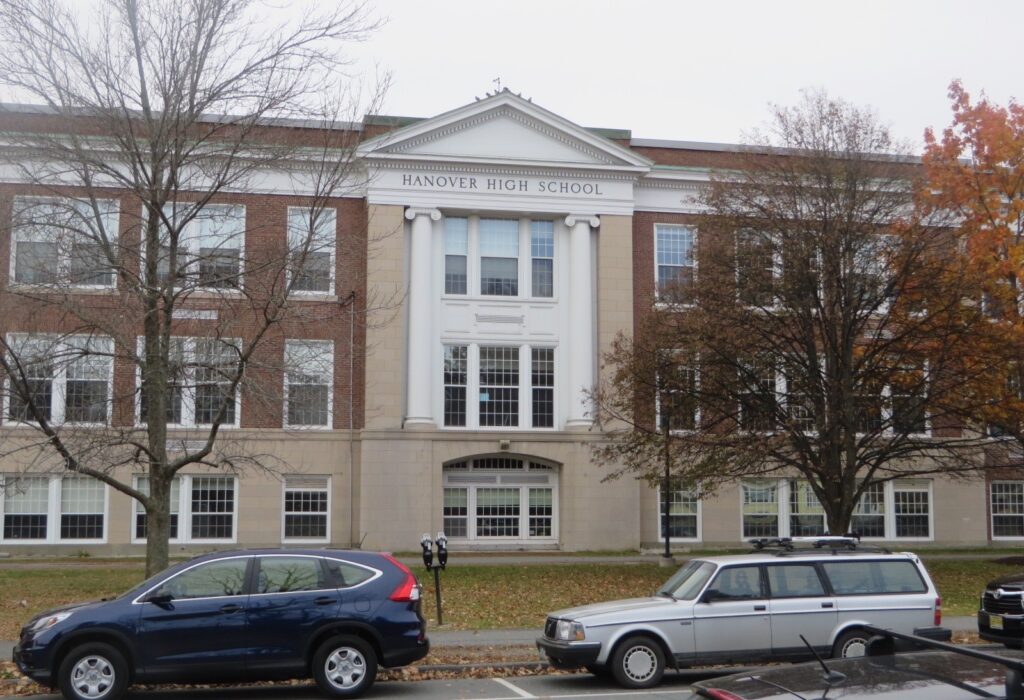
It’s election season in Hanover, but most students probably don’t notice, because in this town, it constantly feels like election year. No matter how hard one tries, it is impossible to escape the wrath of political campaigners, who tirelessly work to siphon blue New York and California student voters into the purple New Hampshire electorate. And it’s especially impossible when your classmates become politicians — or, at least, try to.
This year’s NH primary saw two Dartmouth students—Miles Brown ’23, President of the Dartmouth Democrats, and Nicolas Macri ’24—vie for the Democratic nomination for State House in Grafton 12. While the notion of student politicians, who did not grow up in the district and have permanent family homes elsewhere, has raised controversy in the past, it is not a new phenomenon. In the previous legislative session, Grafton 12 was represented by Garrett Muscatel ’20—until he was forced to resign in June 2020 following state GOP criticism for returning home to California amidst the COVID-19 pandemic. In 2020, Riley Gordon ’22 also campaigned for state representative, but was defeated in the primary.
Last week, in a crowded primary field with four incumbents, Brown and Macri placed fifth and sixth, respectively. While both campaigns emphasized issues commonly associated with the younger generation, such as climate change, mental health, and voting rights, it was, presumably, a lack of student voter turnout that inhibited their victory. Their defeats raise questions about the undergraduate body’s political engagement as well as the feasibility of electing a local student representative.
While Muscatel won his race in 2018, he may as well have been appointed. As one of the four candidates running for four positions in the Democratic primary in heavily blue Grafton County, victory was guaranteed, and secured. Based on this year’s primary results, in which Grafton 12 Representative James Murphy won 1,466 votes to receive the fourth spot on the Democratic ticket in the general election, an undergraduate body of 4,400 students, and an assumption that 80% of students are Democrats, any Dartmouth student in a competitive race would need approximately 42% student turnout to win. In this year’s election, neither candidate came close.
However, this apathy was not the case last summer, when David Millman mobilized campus support in his bid for Town Selectboard. Ultimately, Millman came up short in an election that the town conveniently moved from its originally scheduled date in May to July—when only one Dartmouth Class was on campus. Still, enthusiasm for his campaign was high, and he only lost by 270 votes. Had the election occurred on its originally scheduled date, the outcome would likely have been different.
The most apparent difference between then and now can be found in the issues at stake. Millman’s campaign aimed to enhance town-student communication during a period of immense frustration with the College and local leadership. Due to gathering restrictions, mask mandates, and hostile attitudes from residents and Town Manager Julia Griffin, students were fed up and showed up. Millman earned 730 votes during Sophomore Summer, while Brown recently received 1,119 with the entire campus in session. In the same election, 475 people—mostly students—voted to end the Town Manager position and terminate Julia Griffin’s employment. Last week, Macri received only 458 votes.
Differences in student engagement between last summer and last week represent a local microcosm of a national phenomenon. Research shows that most ballot decisions are not a vote for something, but rather a vote against. While climate change, mental health, and voting rights—tenets of the Brown and Macri campaigns—may be riveting, they failed to energize Dartmouth students and bring them to the polls.
This occurrence explains why national Democrats are attempting to galvanize voters by framing the upcoming midterms as a referendum on former President Trump and the threat of GOP abortion bans. It also explains why they spent millions nationwide to bolster and secure victory for hard-right candidates in GOP primaries: to improve Democratic odds in November. Indeed, in NH-2, where Dartmouth is located, pro-Trump Robert Burns won the GOP nomination for Congress after Democrat-affiliated groups spent $90,000 on his behalf.
Student candidates, theoretically, hold an electoral advantage due to their 4,400 peers, but galvanizing this cohort has proven to be incredibly difficult. Unless campus experiences a spontaneous awakening, Hanover will continue to remain without student representation, at least until the next scandal or uproar.

Be the first to comment on "Students Lose Again in Elections"